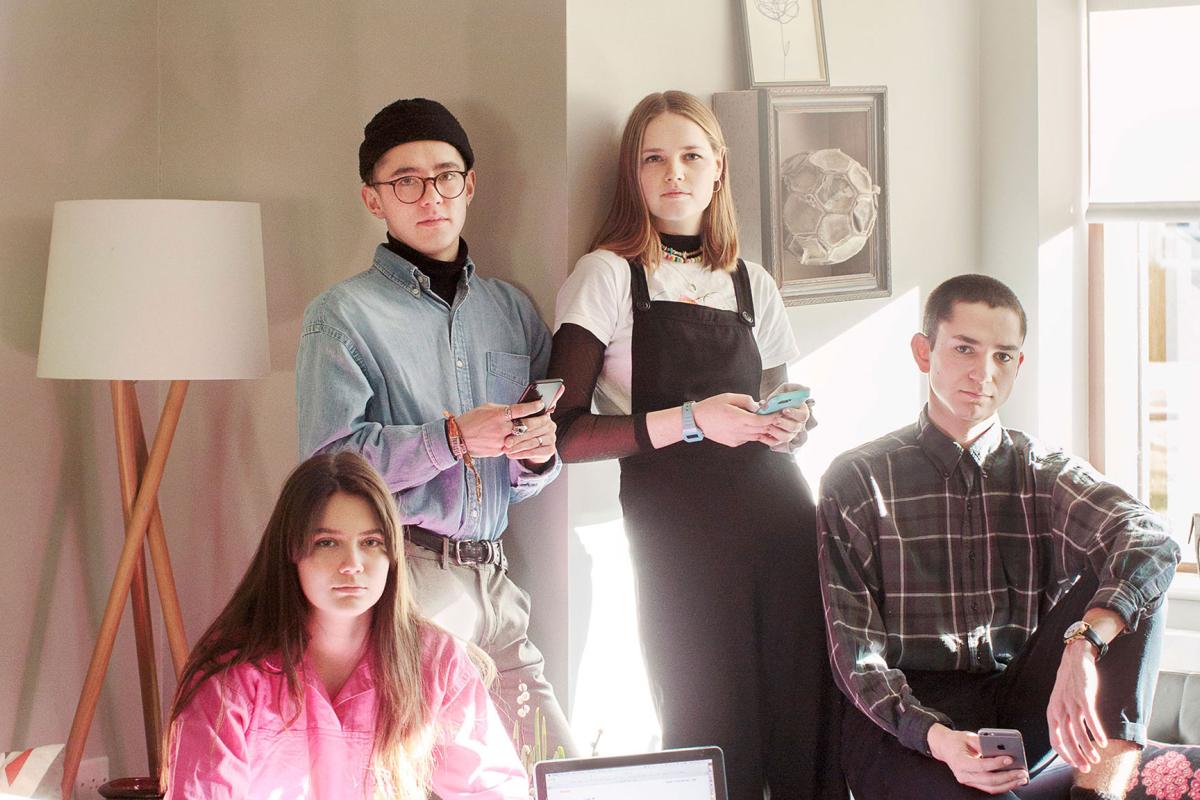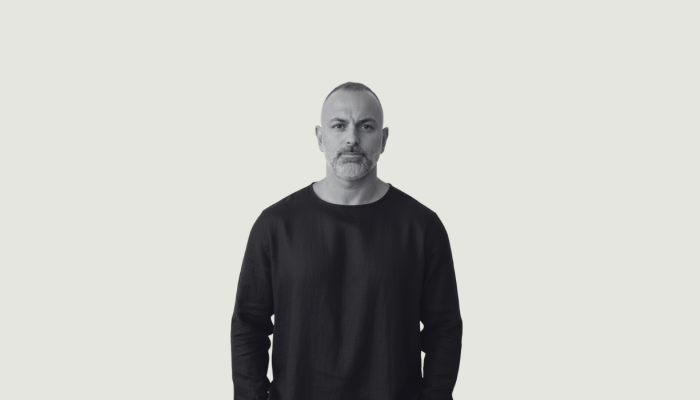Depop is a mobile peer-to-peer shopping app, founded by Simon Beckerman in 2011.
Beckerman had founded PIG, a quarterly magazine dedicated to discovering new artists in fashion, music and design, and from that experience, saw an opportunity for a mobile platform that would allow his readers to buy and sell items. Harnessing the power of the creative community he’s always been close to, he’s now building a sustainable fashion business – and finding that Depop is starting to be an influence on fashion itself.
What was the initial opportunity you saw for Depop?
Compelling mobile marketplaces didn’t exist in 2011. Ebay, Etsy and Gumtree were already successful, but they were not concentrating on mobile. I was impressed by how differently you needed to think when going mobile. At the same time, I used to run a magazine called People In Groove (PIG) which focused on fashion, design and lifestyle. I thought that the existing marketplaces were not taking care of those underground, creative and more avant-garde communities. Marketplaces were utilities.
The idea for Depop was to create a community of like-minded people, where they could be inspired, discover new things and influence each other. So far, Depop has become much more. It’s now also influencing fashion a bit, which is interesting.
“Buying new stuff, especially from big companies, is not exciting anymore.”
How is Depop influencing fashion?
Depop offers the possibility to discover and be inspired by vintage in the same way that you are when buying new. In the real world, when you buy vintage, you have to walk into specific shops, where everything is piled up into boxes and sometimes dirty and smelly. It’s not the same experience as if you go in to Liberty or GoodHood in London. Platforms like Depop make it more or less the same experience.
So people open their wardrobes and start styling vintage in a new way. So vintage is becoming more, for lack of a better word, cool. At the same time, we are entering a phase historically where, because of sustainability problems in the world, people are more careful about buying new things. Buying new stuff, especially from big companies, is not exciting anymore.
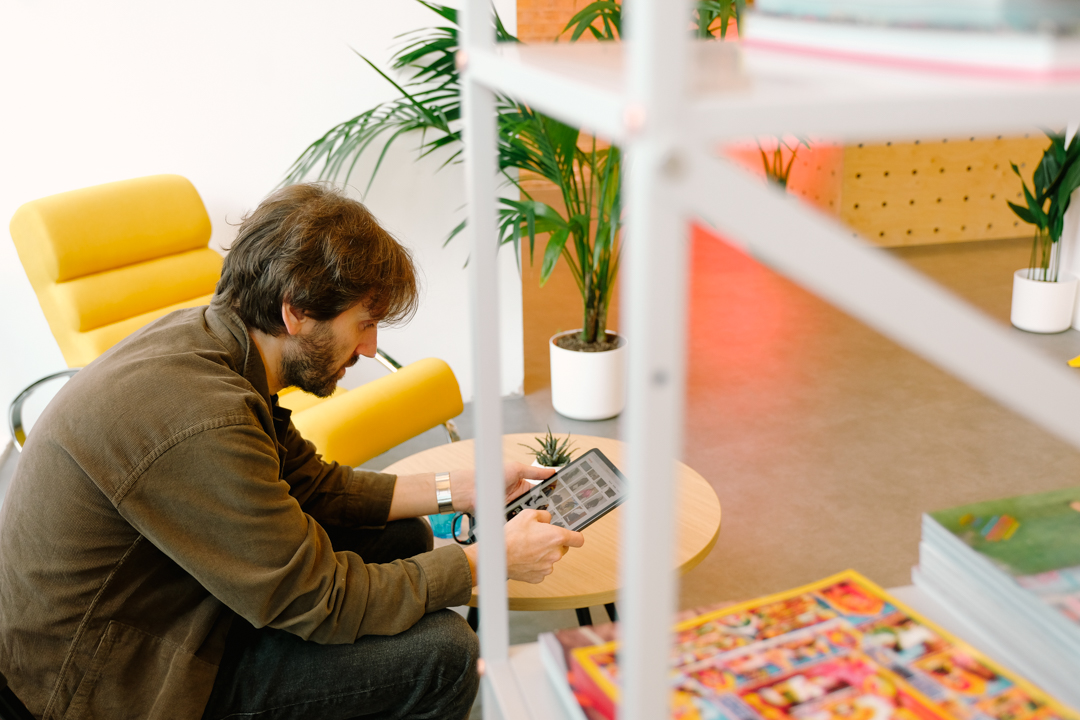
Championing vintage naturally positions Depop in many ways as a challenger to the world of fast and disposable fashion: was the sustainability aspect a motivating factor for you in creating Depop?
Definitely. I think sustainability is not a ‘plus’ anymore. It needs to be factored into everything you do. We are heading towards dangerous times, as we’ve been seeing in the news, and so if you’re not sustainable, you’re not going anywhere. We wouldn't use it as a marketing tool either. It’s just necessity. But sustainability doesn’t mean buying used stuff, necessarily. Brands like Noah, from New York, for example. Its clothing is produced in the best and most sustainable way possible, and it incentivises you to not continuously buy stuff, but buy the best quality, which can last forever. It closed on Black Friday to give a message. That’s a sustainable mindset.
The Depop community is primarily made up of 18-24 year olds. What shifts are you seeing in terms of what this demographic values today?
With the exception of sustainability as I mentioned, I think that young people experience the same kind of needs that we did when we were younger. When our parents were younger, they lined up outside record stores to buy the latest record of their favourite band. Today they do the same thing, only they buy sneakers.
They’re going through a phase in their life where they need to find and discover themselves. Fashion is a means of expressing their personality, telling the world who they are and how they think, and what kind of tribe they are part of. So I think those values are the same for them as they were for us.
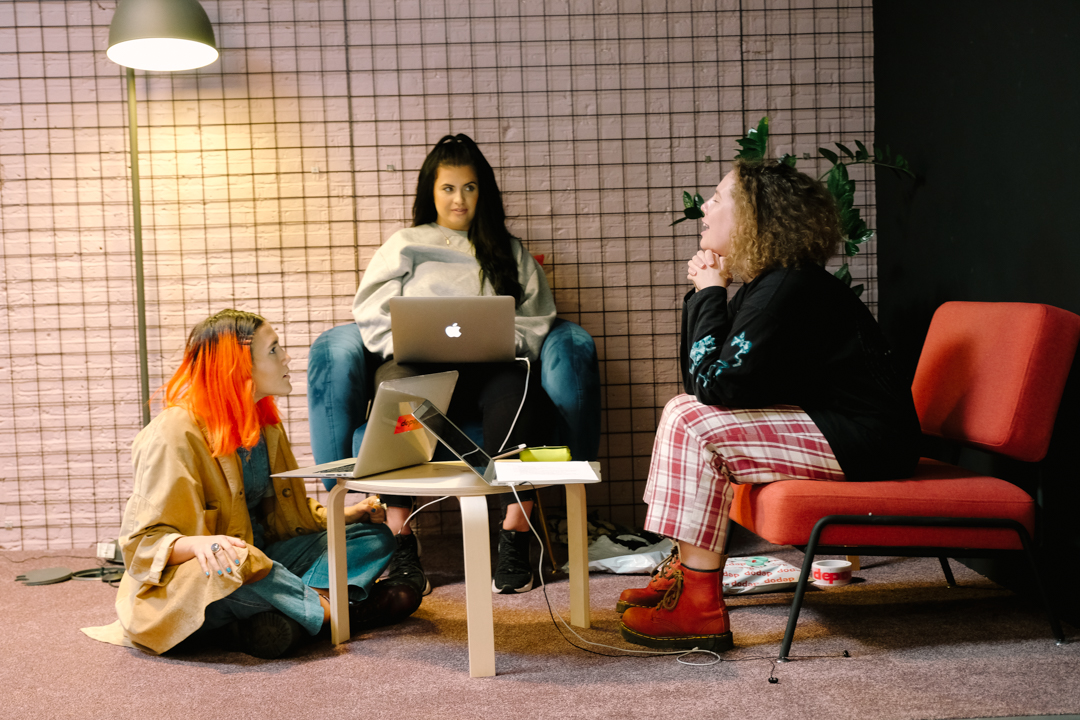
“I think of Depop as a rebellious little kid who is not satisfied with what’s out there and always wants to challenge itself to find what’s exciting”
How do you define and think about Depop’s brand identity?
I’m not a statement kind of person. I think that a brand should reflect a personality. It should look and feel like a person. People don't go around shouting statements all the time. A good brand is a brand that can speak with someone directly as if they were friends. It should have tastes, biases, specific needs and a tone of voice.
I think of Depop as a rebellious little kid who is not satisfied with what’s out there, and always wants to challenge itself to find what’s interesting and exciting. You can be a seapunk or a ghetto goth. But the mindset is more or less the same within the Depop community.
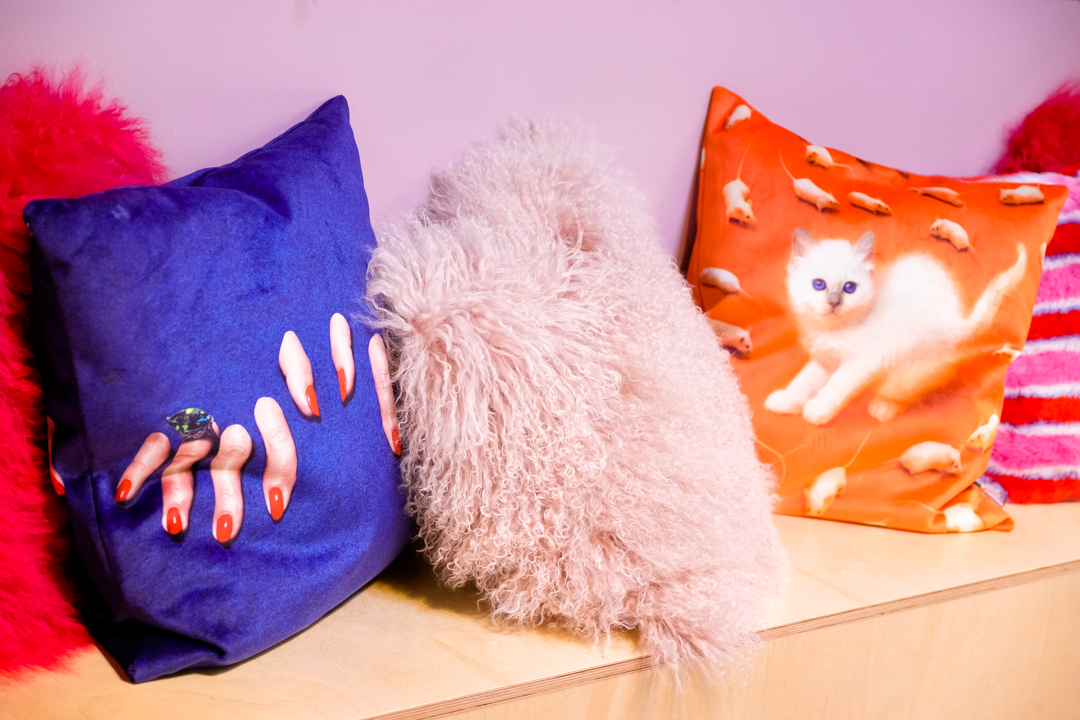
How do you foster that mindset in the organisation? What brings your 150 employees together and gives you that sense of direction?
We have a small editorial team that creates content that expresses our personality. And the team reads and participates in the creation of that content to the extent that we all start getting aligned together slowly. We are launching a radio now, and the radio plays our specific music. Another example, we serve specific food for the company.
The food we serve tells a story, and these stories spread within the company. I think all of these things together, done internally, create the company culture step-by-step. And this culture is what then attracts other people who think similarly. Most of the people who are in the company use Depop, and many people came on board being super-sellers on Depop.
How do you approach bringing that rebellious character to life externally?
The community is us, so the community should be our voice. Because Depop is about the community, we want people to see who we are through the eyes of the people that use our platform. We choose people from our community that we think represent our identity, and we try to work with them as much as possible, and then we let them speak for us. For our first advertising campaign we chose specific users, and we asked them to describe in their words what Depop is for them.
We chose the more quirky, out of the box ones, because of the personality of Depop. So you can see very fun descriptions of what Depop is, said in a very unique way by our community members, although using traditional advertising. We ran the campaign in London and New York.
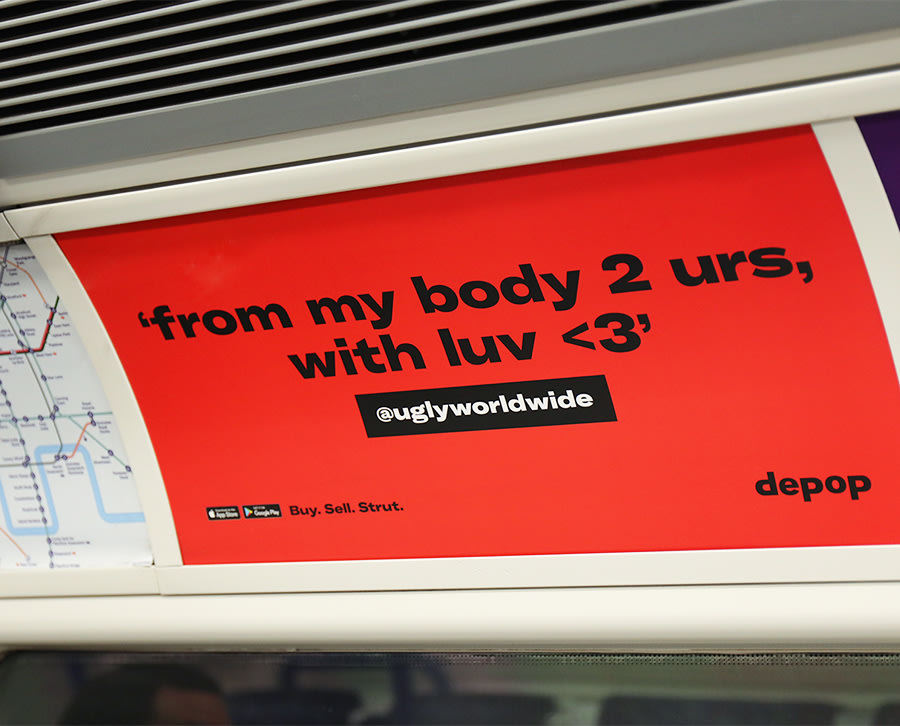
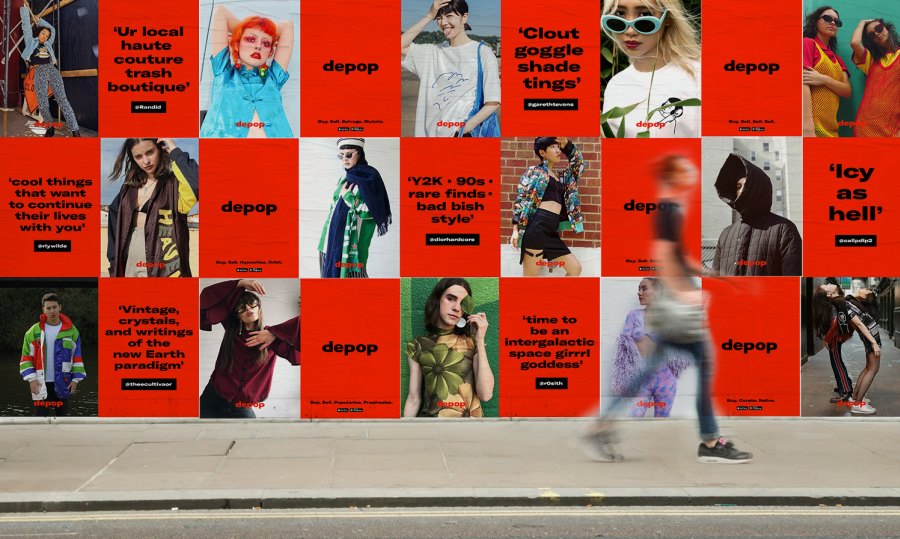
You come from a content creation background then from your experiences publishing PIG magazine. What lessons have you taken from that experience and applied to Depop?
One is marketing. We used to be considered influencers, trendsetters, early adopters. So companies used us as a sounding board to see what would stick. They would use all new kinds of marketing strategies and tactics with us and so we learned from them. When we started Depop, we knew what would work, what didn't work; influencer marketing was the main thing when we started Depop. It still works a lot today, and so that was a key learning from the magazine.
Another one was learning how to speak to people. How to tell stories. How to explain things. The five w’s of journalism: who, what, where, when, why. I think creating content and telling stories is the best way to create culture. The idea is that Depop in the future becomes a proper media company. Basically we want to bring back what we used to do with our magazine inside this new platform.
“You need to make sure that the company you build stays in the spirit of being small”
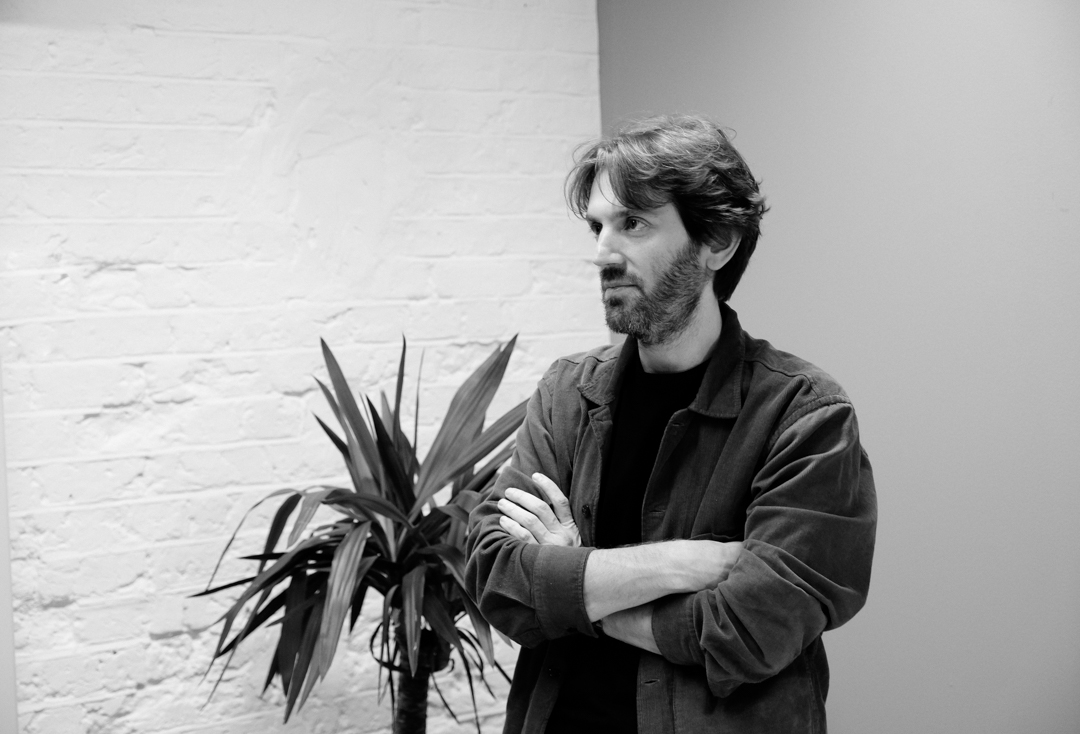
From Avaaz in politics, Copa90 in football and Glossier in beauty, there’s a rise in brands that position themselves as being powered by their people. Depop take this idea perhaps even further by using your user’s words as the copy in your advertising. Why is this people-powered approach to brand building on the rise?
I think the truth is that we’ve gone through a 25 or 30-year phase where we thought that consumerism would be the solution for everyone’s happiness. These big companies started to arrive and drop their wisdom on top of us, in a way that was… maybe unnatural. And now we’re going back to a world where people want to connect naturally, one to another, and the bigger your company becomes, the worse it’s going to be for you. So you need to make sure that the company you build stays in the spirit of being small.
The internet makes this happen in a big way, because it connects people directly, so you cut the middle man in so many areas now. I can buy things from a company where I know who the founder is, or what the founder thinks, and why he started the company? That connects people now with who we are and I think that is where we are headed in the future.
This piece first appeared on eatbigfish's site here
